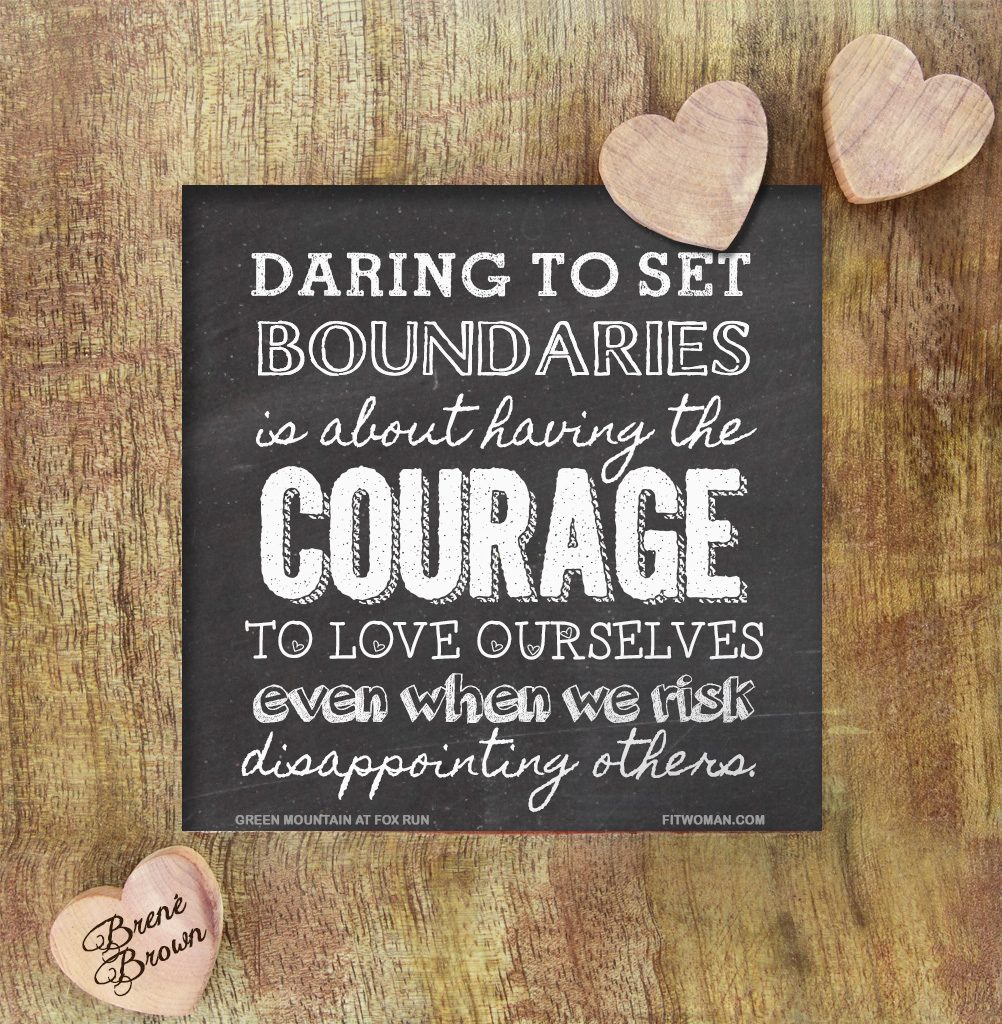Word-Of-the-Week #841: Boundaries
September 17, 2020 by Susan Clarke
Boundaries – the limits you define in relationship to someone or to something.
How easy is it for you to set boundaries? Did you make any commitments to help family members, friends, or neighbors at the beginning of the pandemic?
This week features excerpts from the NY Times by Julie Fingersh, “How to Set Pandemic Boundaries for Relatives. You’d do anything for them in a crisis, but the crisis isn’t going away. Here’s how to get your life back.” Setting boundaries is important for a healthy personal and work life!
“When pandemic-related shutdowns started, many people rushed to the rescue of their loved ones. They rallied to meet an extraordinary situation and extended themselves in deep and loving ways. They welcomed home adult children with open arms. They jumped to babysit for their grandkids. They volunteered to shop for neighbors and elderly relatives.
“At first, I thought, this is going to be great,” said Nancy Graham of Plainfield, Ill., about sheltering in place with her husband and their three adult children. “I bought puzzles. I bought stuff to make candles. I was like, let’s watch a documentary a week! Let’s learn something!”
Five months in?
“It’s awful,” said Ms. Graham, a real estate agent. “It’s been years since we’ve all been under the same roof for more than a week. I want to kill them, they want to kill each other, and my husband hides in his office.”
Indeed, with no end in sight, many people are wearing down. How long can they keep this up? Can they dial back their level of commitment, be it a pledge of time, money or emotional support? And why is it all so hard?
“As a social species, we have this powerful, powerful need for emotional closeness,” said Dr. Michael Kerr, a psychiatrist and the author of “Bowen Theory’s Secrets: Revealing the Hidden Life of Families,” based on the research of Dr. Murray Bowen, who viewed the family as an emotional unit. “And at the same time, we are allergic to too much of it. Therein lies the dilemma.”
- Creating healthy boundaries is the antidote.
“People are afraid to set boundaries, because they think it risks the relationship,” said Karen C.L. Anderson, author of “Difficult Mothers, Adult Daughters: A Guide For Separation, Liberation & Inspiration” and a life coach specializing in family boundaries.
“When you want to say ‘no,’ to a loved one, you’re afraid that they’re going to make that ‘no’ mean that you’re a bad mother or grandparent or friend. You figure, I’m just going to say ‘yes,’ so I don’t have to feel guilty later,” she said.
“Boundaries create a context for the preservation of love and peace,” said John Townsend, a psychologist who is the co-author of the Christian-themed book “Boundaries: When to Say Yes, How to Say No to Take Control of Your Life” and host of the “Dr. Townsend Live” show on Crowdcast.
“If you don’t have boundaries, you’ve got chaos,” he said. “Boundaries create an organized structure that people can go, ‘I can live with this. I can tolerate this. I can feel peaceful and still love people.’”
For many people, that’s a lot more easily said than done.
- Renegotiate commitments.
Many people made promises to loved ones back in March, not realizing how long the pandemic might last. How can you create a new normal where your own needs are part of the equation?
The first step, according to Ms. Anderson, is to realize that it’s OK that your needs have changed. “We can always renegotiate our boundaries,” she said. “Just because we’ve agreed to something in one moment doesn’t mean we’ve agreed to it for life. Remind yourself that you get to change your mind.”
- Tell the truth, then let go.
“All you can do is be truthful about what you need going forward,” Ms. Anderson said. “And ask yourself, ‘Do I want my kids and grandkids to love me because I do something I don’t want to do for them? Or do I want them to love me because I’m honest and I’m being myself?’”
Re-establishing boundaries might not be easy, but the rewards can be rich. “Boundaries done right help people be more clear and more intimate, because there’s not the unspoken expectation, like, ‘of course you’re going to keep doing this because you’re my mother and I need you to do it,’” Ms. Anderson said.
“When you can have the conversation without that baggage, you have the space to see each other as fuller human beings, not just the roles you play. It also helps you get to an outcome based on what’s really best for both of you.”
So how do you let go if things don’t go well, despite your best efforts?
“It’s OK to be upset,” Ms. Anderson said. “Tolerating uncomfortable feelings builds emotional resilience. And standing in our truth is hard, but it’s the key to honest relationships. It’s also the key to creating healthy boundaries.”
This week’s focus is on boundaries. Do you feel a need to dial back some commitments you have made? Does that make you feel guilty? How comfortable would it be to tell the truth and renegotiate commitments?
I LOVE feedback! Join my Facebook community on my FUN-damentals Fan Page.


